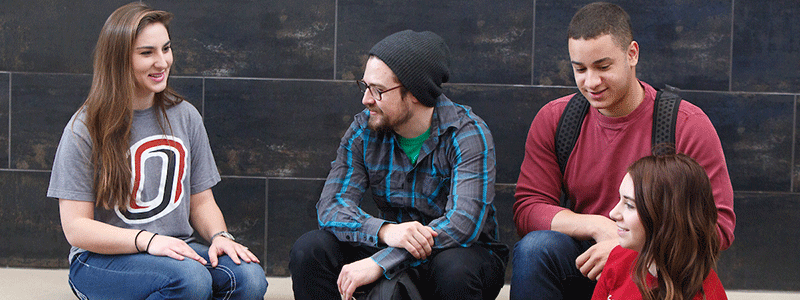
There’s a great deal of misinformation about alcohol, social drinking, alcohol abuse, and cannabis/marijuana. It can be a powerful thing for parents to talk with children about the potential risks associated with alcohol and drug use.
As you talk to young adults, you’ll be able to give them accurate information about drinking and drug use in college as well as share your beliefs and hopes for them.
Below is why campus professionals think parent/student communication about alcohol and marijuana/cannabis is important.
You can dispel myths.
College students often begin drinking socially and think they can handle it on a regular basis while at the same time keeping things in perspective. There are long and short-term consequences of such experimentation. Most college students believe that drinking coffee will help sober you up, making you less drunk.
This is not true and can lead to situations where your student may take dangerous risks (such as drinking more or driving drunk) because they have just had a cup of coffee.
Some students also believe that police can’t tell if they’re driving under the influence of cannabis/marijuana, or that they drive better when they’re high. However, many law enforcement officers are trained Drug Recognition Experts (DREs) who have the ability to detect physical and psychophysical signs of drug impairment.
DREs are viewed as one of the most effective law enforcement tools in efforts to reduce drugged driving. Research shows that cannabis affects the critical abilities needed to drive such as reaction time, decision making, and the perception of time and distance, along with several others. Visit FeelDifferentDriveDifferent.org to learn more.
Some students believe that “legal” substances such as Delta 8 are safe to use because they are not illegal. However, Delta 8 is a psychoactive substance that has not been evaluated or approved by the FDA for safe use. Delta 8 products may also show up on drug tests, and there is no way to differentiate between Delta 8 or Delta 9 (marijuana/cannabis) on positive drug tests.
We know that parents talking with their college students about alcohol use will not put an end to alcohol consumption. However, you should do everything in your power to discourage underage drinking or, at least, to encourage responsible behavior that does not put your student at risk of serious negative consequences.